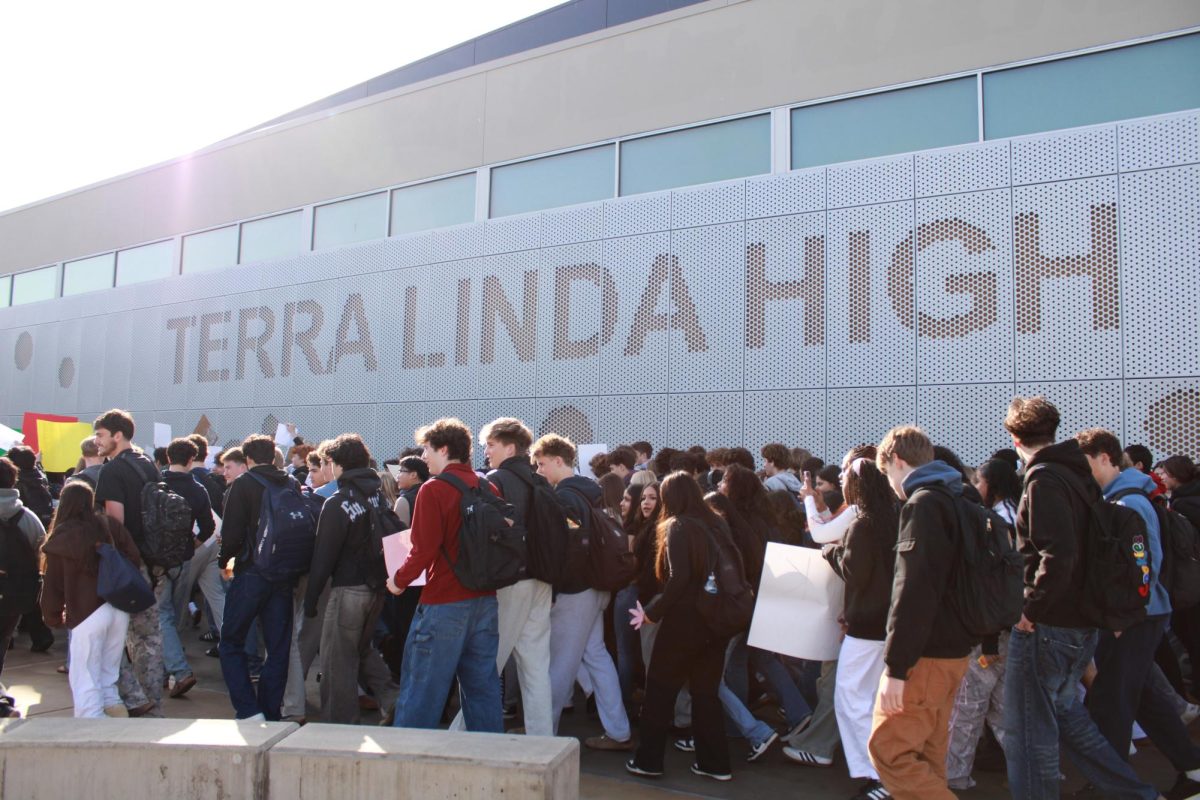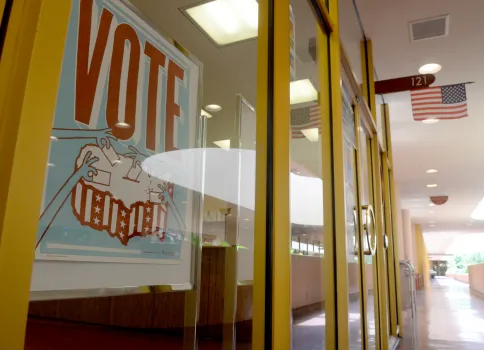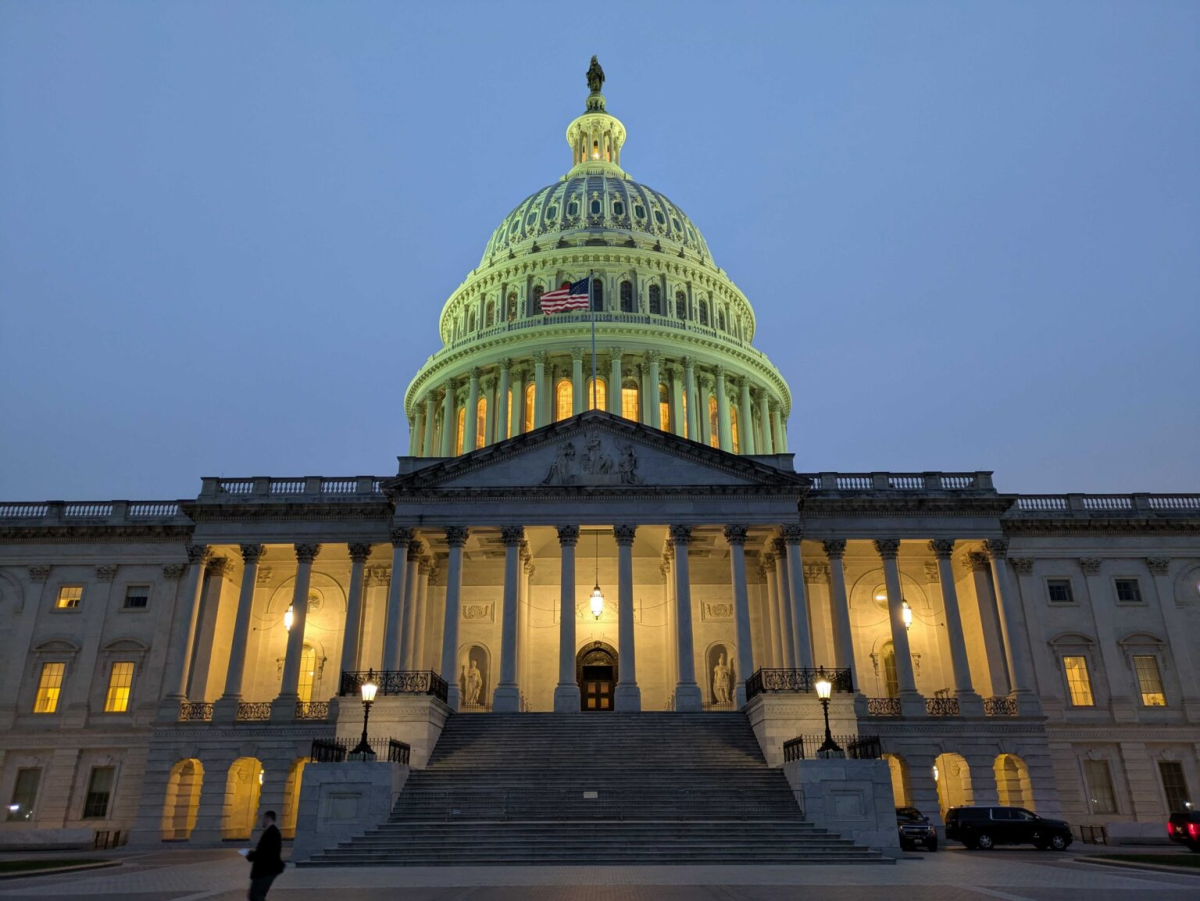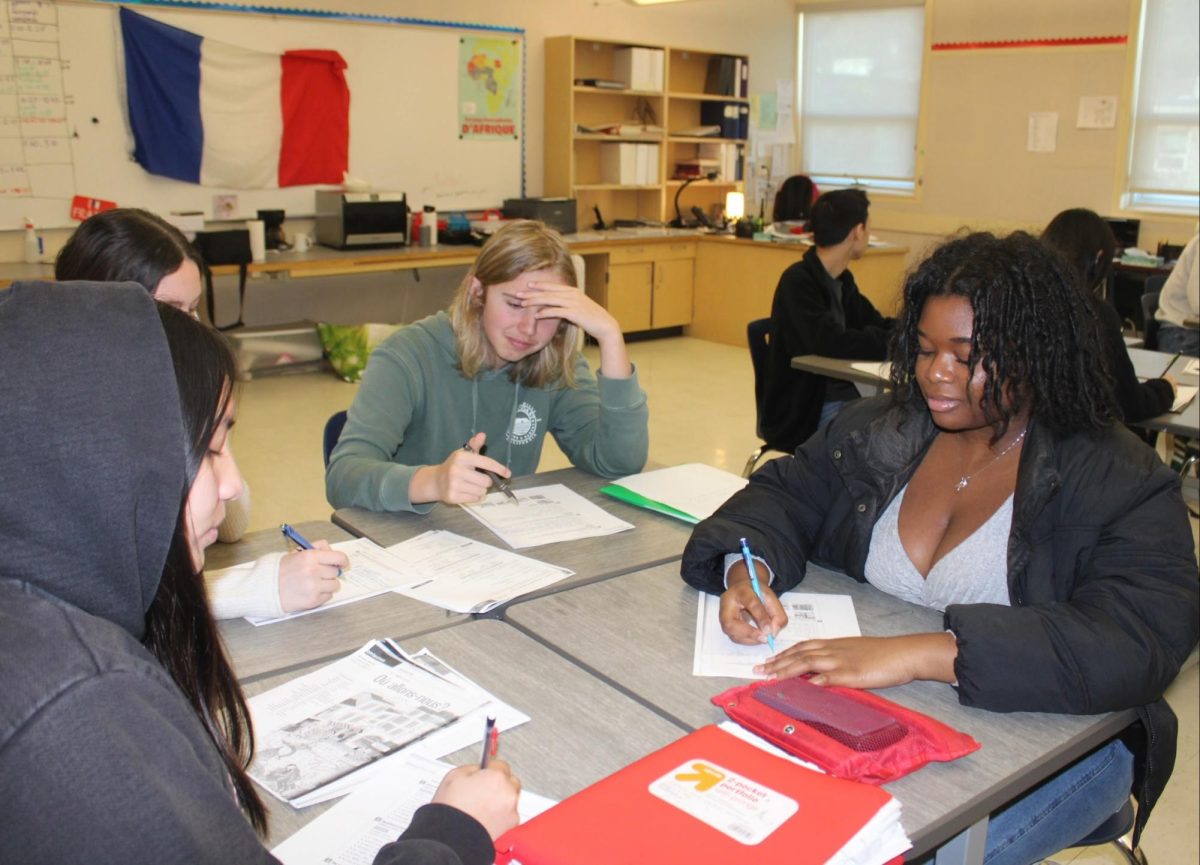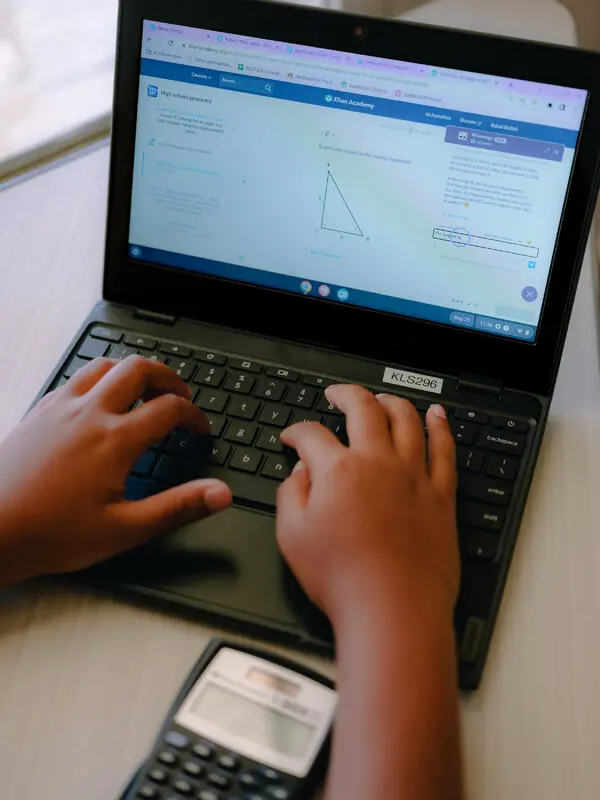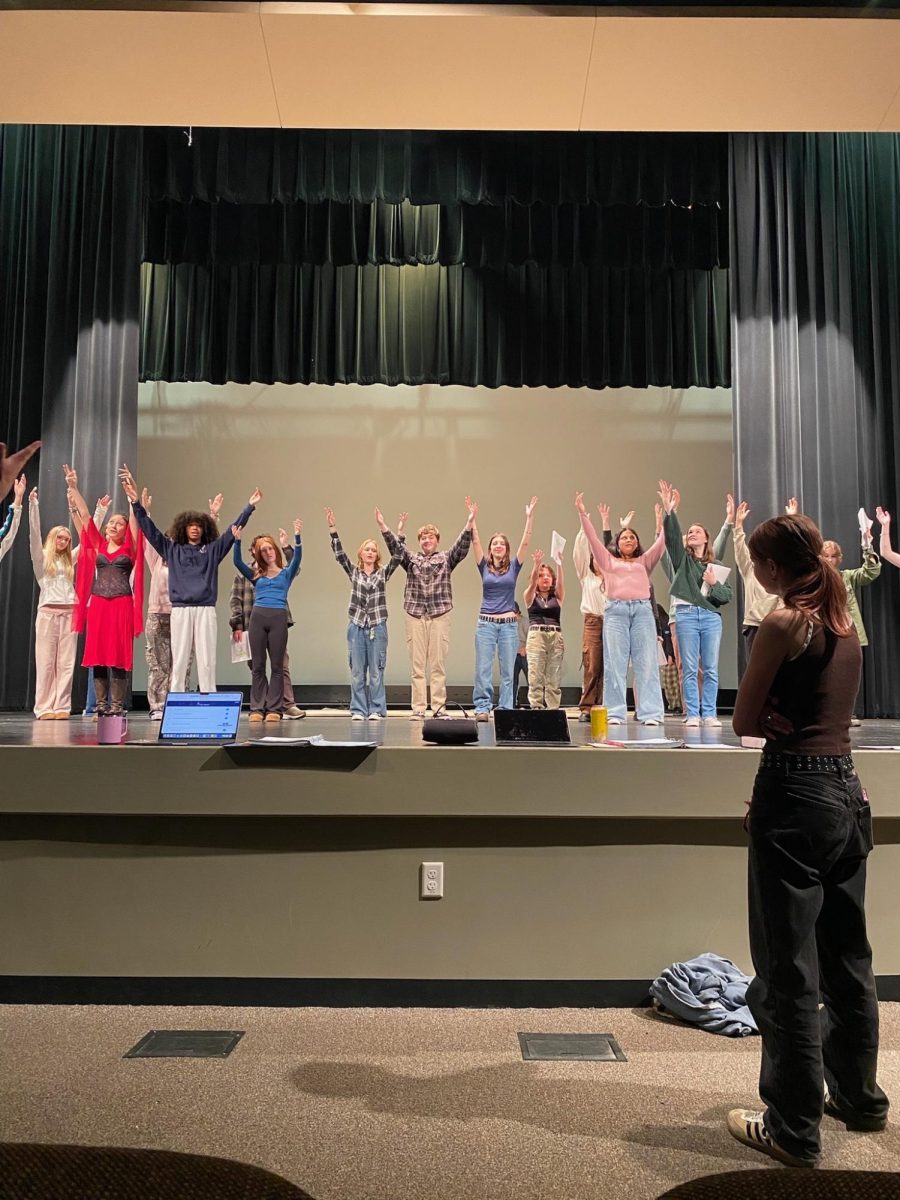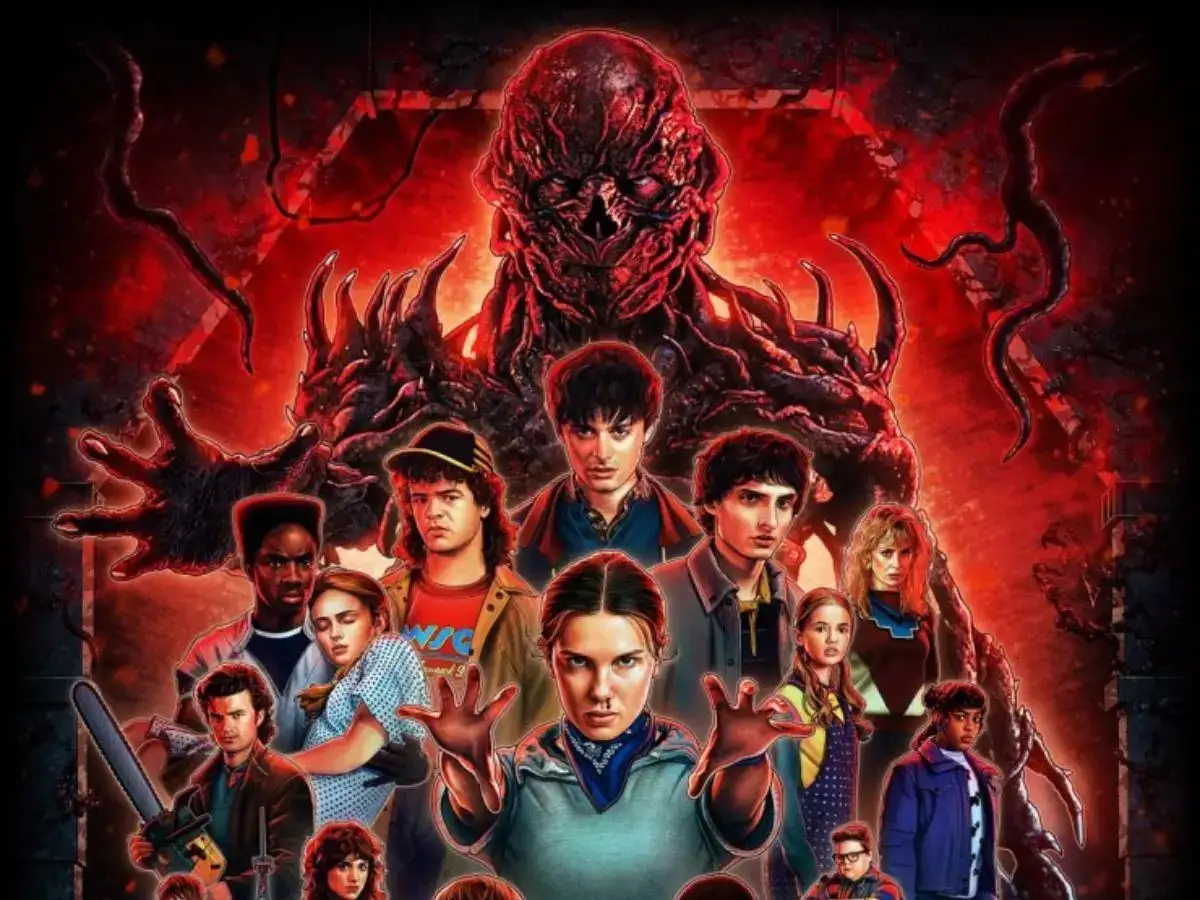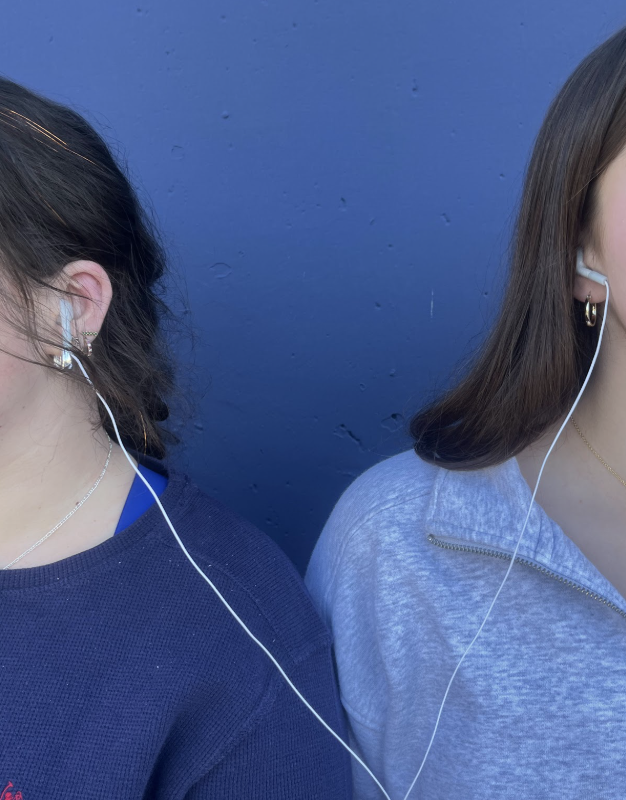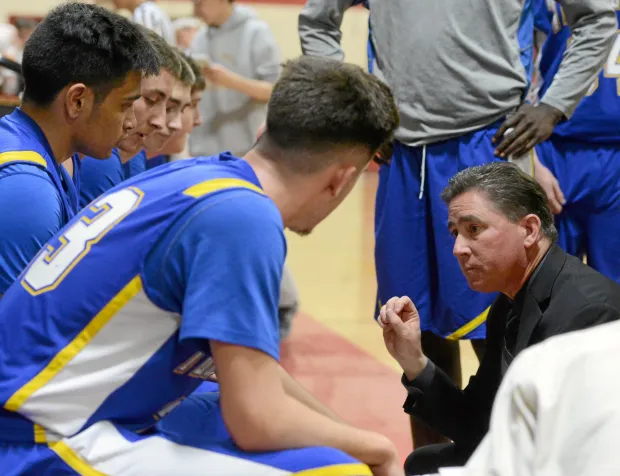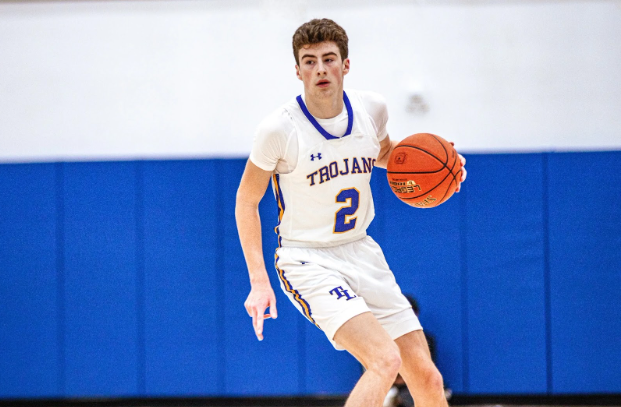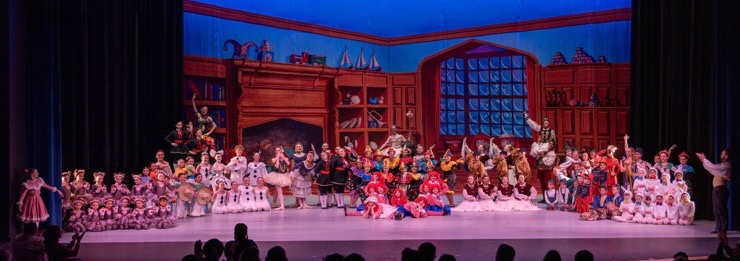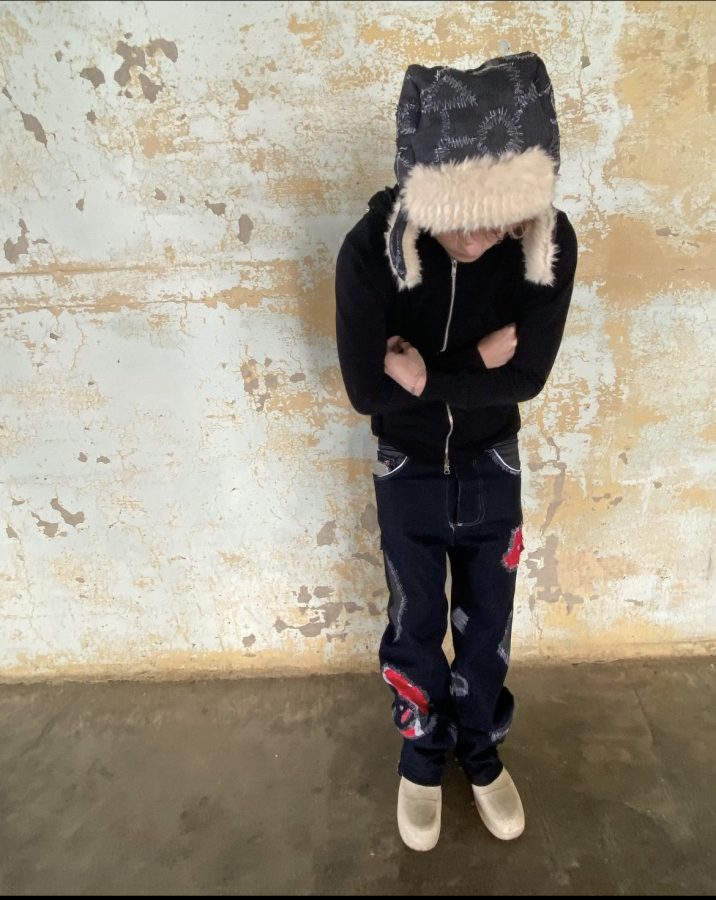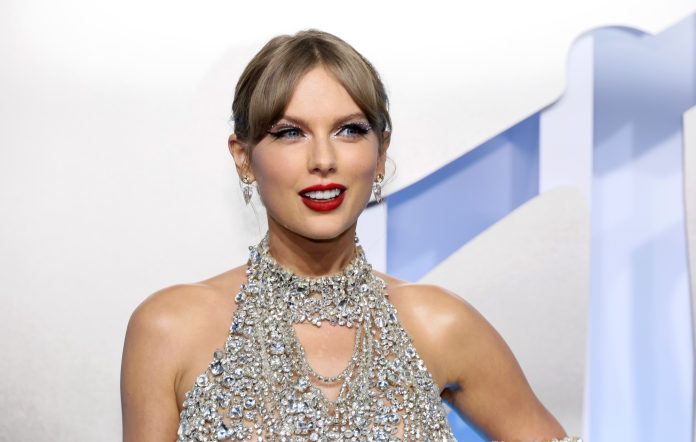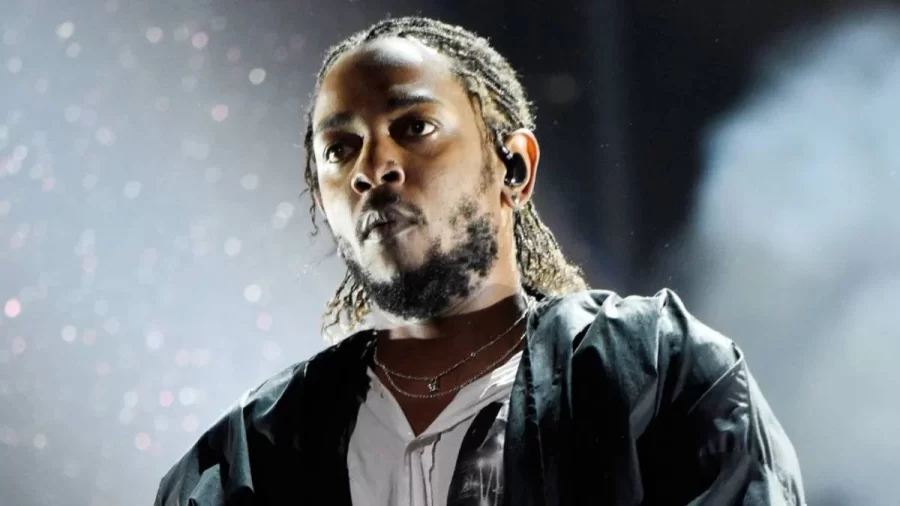Rap music has been a highly controversial genre for decades, as many people of all ages argue, is it for the better, or worse? This exceedingly popularized genre has influenced many generations and has grown tremendously since its outbreak in the early 90s, changing throughout the decades and grabbing the attention of many. Many people argue that rap harms America’s adolescents, but is it harmful to the adolescents of Terra Linda High School?
According to a survey conducted by The Voice during the 2022-2023 school year, 70 percent of students from Terra Linda High School listen to rap music, the highest percentage out of every genre listed; surpassing the mainstream pop, hip-hop, and R&B. Popular rappers amongst the students included Drake, Childish Gambino, J. Cole, Kendrick Lamar, and 21 Savage, artists who have dominated the charts in recent years. In 2020, according to Zipdo, a meeting management and productivity software company recorded that 23.3 percent of worldwide music album sales came from hip-hop and rap that year and has only skyrocketed since then.
There is no denying that the rap genre is quite diverse and unique compared to other music styles, having a number of subgenres like gangsta rap, mumble rap, trap, old-school hip hop, etc. However, many insist that this music glorifies violence, the gang lifestyle and mentality, the abuse of substances, and the sexualization of women. A study done by Cambridge University states that “rap songs can trigger the parts of the brain that controls our emotion, motor function, nerve functions, language, and motivation.” With this in mind, does rap music create a negative mentality that is contagious to the youth, or is it a way for people to express themselves and connect to others with their own, personal experiences?
In the opinion of Senior Karla Gonzalez, this music “gives bad, negative opinions” to those who listen to it and take it to heart. Gonzalez does not listen to rap music and states how she did back in middle school to fit in with the rest of her classmates. Gonzalez elaborates, “It is catchy, I’m not going to say it’s not…[but] it was too vulgar for me.” Her main argument is that rap glorifies the objectification of women and that at Terra Linda especially, you can see that within the students. “The guys obviously think that way about women. Not all of the guys, but most of them.”
Throughout the decades, rap has displayed positive and negative impacts throughout its history. Not only has rap affected America’s adolescents, but has influenced certain minority groups, as it captivates the attention of those where rap music is heavily popularized. According to a study done by the American Journal of Public Health back in the 90s, they reported that African-American teenage girls who listened to rap were “3 times more likely to have hit a teacher; more than 2.5 times as likely to have been arrested; 2 times as likely to have had multiple sexual partners; and more than 1.5 times as likely to have acquired a new sexually transmitted disease, used drugs, and used alcohol over the 12-month follow-up period.” Rap music has evolved tremendously since then, though the consequences and outcomes of listening to this music clearly vary depending upon the person and the environment they’re living in.
Junior Lisbeth Rodas constantly listens to rap and enjoys listening to her favorite rappers, Eminem and Kendrick Lamar, throughout the day. Rodas states, “I’m for rap because it’s something very unique and there’s different genres.” Although she agrees that rap is for the greater good, she does understand that some may take it the wrong way. “People become stuck-up and they think violence is okay because of a song… I guess mostly guys start seeing women as how the song goes.” However, Rodas does believe that rap has had positive benefits on our generation as “people become more creative with their words” and “it unites people who like rap.”
An anonymous Junior stated how music in general, influences a person’s behavior, mindset, and actions, and that “if you look at different people, even their outfits… It’s really inspired by what they listen to.” They said, “I think it really takes a toll on someone mentally and on their personality.” However, their main argument is that it truly depends on the person listening to this music and that the music itself is for the greater good. “Most of them do talk about pretty heavy topics or most of them really talk in very gratuitous ways… which I guess for some people, it could really hurt their conscience,” they stated. Though, the negative effects are very apparent, even from their own, personal, experiences at school, seeing this music affects their friends. They explained, “I don’t want to bash them or anything, but it’s definitely a major key in their personality to what they listen to.” It’s a common tendency in male students to treat their female peers differently, though even harder for those in that circle to acknowledge and admit. They continued, “I don’t want to say they take inspiration, but it really influences their way of seeing other people, especially women, and the way they treat them.”
The effect that rap music has on an individual is very apparent in every community that has amassed a wide range of listeners. Although rap music has a variety of opinions from the public, there is no denying that it has had positive outcomes. According to the anonymous Junior, “Rap mostly talks about a person’s perspective of the world.” They state that it grasps the attention of teenagers significantly, since “they’re growing and can’t really express themselves fluently in their own words.” A strong example includes Kendrick Lamar’s album, Good Kid, M.A.A.D City, as the “M.A.A.D” stands for “My Angry Adolescence Divided.” They state that “he [Kendrick Lamar] grew up in a world with multiple problems within his situation and himself,” which reveals why it grasps the attention of people in similar circumstances and allows one not to feel alone.
Overall, there are countless explanations as to why rap benefits the world, while an equal amount of reasons can tell you that it doesn’t. Though, listening to music is a part of the identity of all Terra Linda High School students, and allows TL’s adolescents to express themselves in ways that words cannot explain. Whether you’re listening to Drake, Taylor Swift, or Bad Bunny, music of all genres impacts an individual in many ways, and provides comfort and empowerment to the TL community; an echo that resonates within the lives of all!


